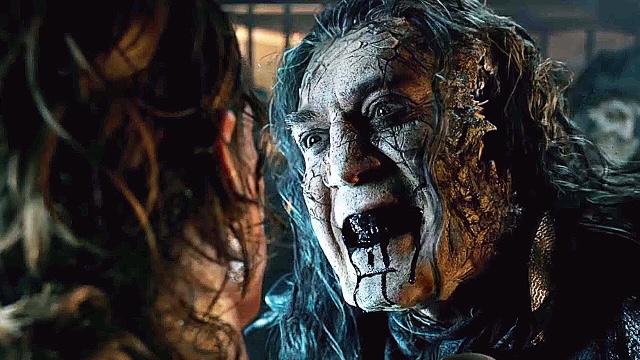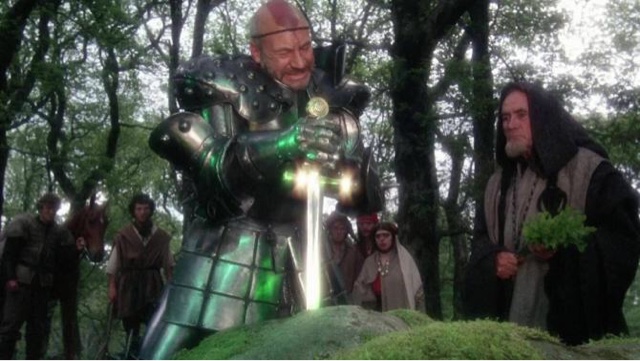we are trained professionals

1. The heroes are professionals. The interesting thing, taking A Bug's Life as taking its plot from Seven Samurai or the Magnificent Seven is that Flik (Dave Foley) is both the Old Man/Emma Cullen summoner role but he is also the Kambei/Chris/Sam leader role of what would be the titular group if this were called, say, Nine Circus Bugs . 3. The villains are very strong. The grasshoppers come, of course. Like the bandits in Seven Samurai or the original The Magnificent Seven , or Bogue and his hired guns in the remake. A Bug's Life borrows The Ant and the Grasshopper . Hopper (Kevin Spacey) doesn't kill anyone--this is a family-friendly version of the story--but he does threaten it. 4. The society is ineffective, incapable of defending itself. The best they can do is gather food all over again and send Flik on what they assume is a suicide mission, if he doesn't just give up right away. 7. The heroes form a group for the job. Taken out of order, here, of...














